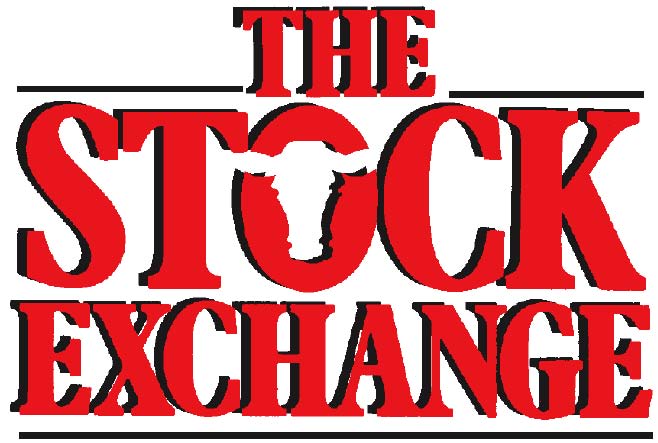Angus members’ efforts make Angus Genetics Inc. milestone possible.
Angus Genetics Inc. (AGI), a subsidiary of the American Angus Association, has reached its 1 millionth mark in Angus genotypes. This was a monumental accomplishment for the Angus breed, says Kelli Retallick-Riley, AGI president.
“It has taken just a little over a decade for Angus breeders to reach this impressive milestone,” Retallick-Riley says. “This is a testament to the pioneer mindset Angus breeders have always hung their hats on. The early adoption of genomic technology has led Angus to this point and will lend to future tools designed specifically for users of registered Angus genetics.
AGI began including genomics in the genetic evaluation in 2010 with the idea of using this technology to enhance accuracy, evaluate for traits at earlier ages and predict difficult-to-measure traits for Angus breeders. In addition to its large genotype database, the American Angus Association is home to the largest beef cattle breed phenotype database in the world. With that knowledge, the pace of adoption of genomic technology has increased.
In the first four years of collecting genomic samples, AGI hit their first milestone of collecting 100,000 genotypes. In 2018, AGI had another breakthrough of accumulating half a million genotypes. While it took eight years to collect the first 500,000 genotypes, it only took three years to collect the next half of a million. Currently, around 3,000 genotypes enter the evaluation each week.
As for the future of genomic testing at AGI, the company has hopes it can continue to make significant advancements to further enhance the beef cattle industry economically. With this amount of data in hand, AGI is looking at ways to leverage this database to create novel solutions to real-world problems. Retallick-Riley says, Angus producers should be excited about what the future holds.
“The value of genomics is here,” Retallick-Riley says. “While we continue to optimize these solutions to ensure accurate genetic tools, I have no doubt that the next ten years with genomics will only continue to drive genetic progress and profitability for our independently owned farming and ranching families.”
